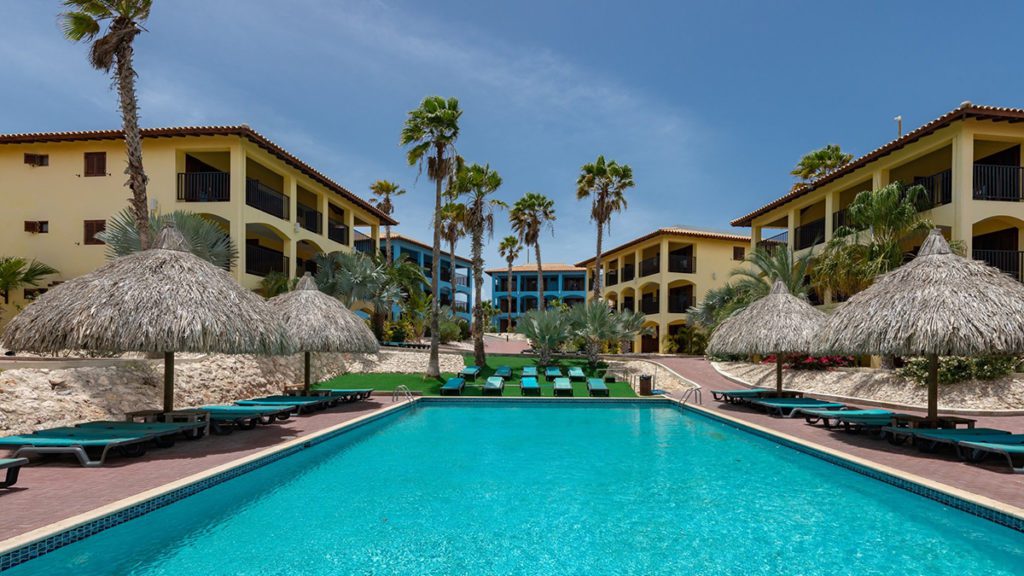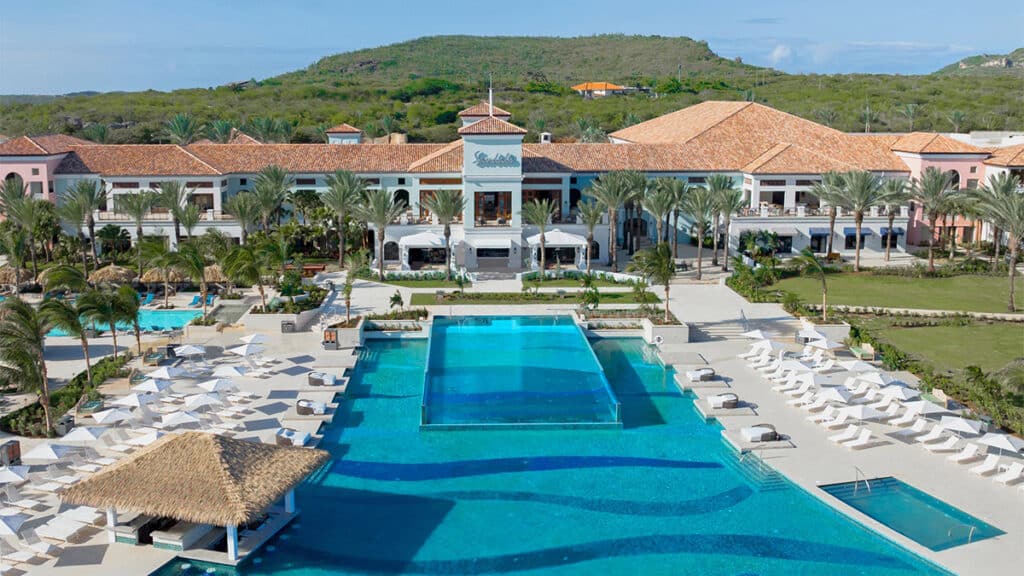It’s quietly become one of the fastest-growing all-inclusive destinations in the Caribbean: the Dutch Caribbean island of Curacao, which has become haven for new all-inclusive development in recent years.
The key for Curacao seems to be to be a different kind of all-inclusive destination than the traditional perception of a place where travelers stay in their all-inclusive bubbles and fail to leave their hotels.
In recent years, brands like Zoetry, Wyndham and, most notably, the game-changing debut of Sandals last summer, have been opening new properties across the island— companies that have themselves been placing a significant priority on the all-inclusive space.

All-inclusives are part of the “formula for a successful tourism industry on an island such as Curacao,” said Jim Hepple, interim managing director of the Curacao Hotel and Tourism Association, who was responding to recent criticisms from local stakeholders that the growth of all-inclusives on the island were not the right way forward for Curacao.
He said in a statement this week that “destinations that succeed offer both large and small hotels, hotels which offer room only, hotels that offer meal plans in addition to the cost of the room, hotels that offer an all-inclusive experience, timeshare accommodation, condominium style accommodation, small apartment style accommodation as well as properties rented on a short term basis.”
Indeed, the perception that all-inclusive visitors don’t get out and explore their destinations is without merit, Hepple suggested, pointing to report in neighboring islands that showed 70 percent of all-inclusive visitors actually explored their local destinations.
Of course, with the massive increase in demand or all-inclusive vacations, particularly since the pandemic, it’s no surprise to see forward-thinking destinations looking to capitalize.
Hepple said CHATA was “very happy with the direction Curaçao’s tourism industry was taking as the destination had a good blend of traditional hotels, modern all-inclusive resorts, apartment hotels and short term rental accommodation and also had a good mix of markets from which it could draw visitors.”
The Bahamas Just Launched Its First-Ever Aviation Week

